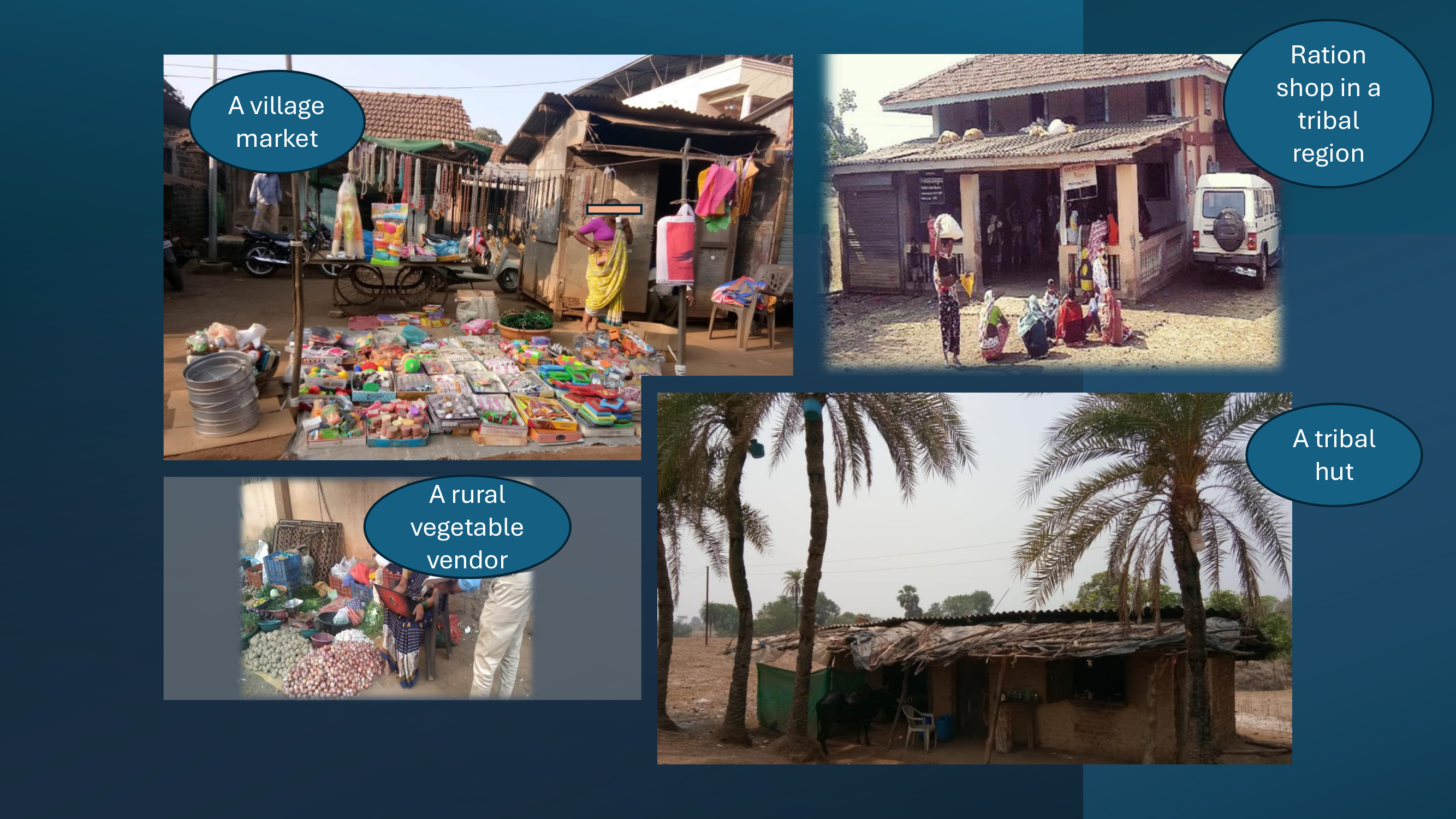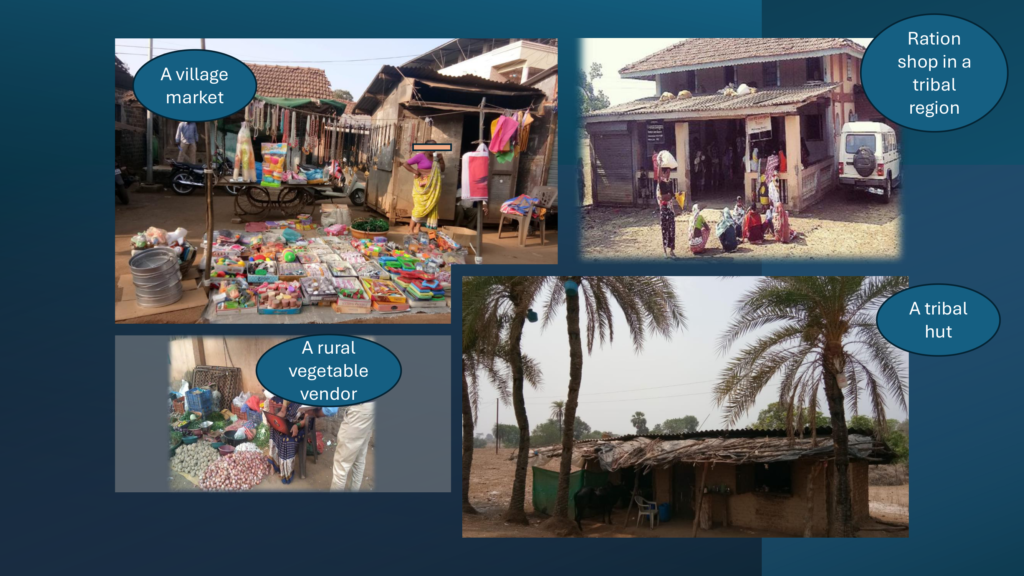City Know-hows

Overweight and obesity among mothers in the urban setting was twice compared to the rural. The percentage of households with an undernourished child and an overnourished mother was high in urban settings.
Share
Target audience
Stakeholders in public health such as health department for specific for women and children, NGOs working in the community for nutrition and health, and research scholars.
The problem
Very few studies have focused on double burden of malnutrition among mother-child dyads particularly in different settings. Distribution of DBM varies according to the settings. Economic growth, level of education, and lifestyle factors are key determinants for the rising trends. Disparities in level of growth and development reflects in different manifestations of malnutrition in different settings.
What we did and why
We studied women and children (295) from urban, rural, and tribal households. We compared the prevalence of double burden i.e., a household presenting an overnourished mother and undernourished child. We recruited the participants from 22 anganwadis from the above settings.
Our study’s contribution
Our study identified that the double burden of malnutrition was highly concentrated in the urban settings. This pilot study identifies:
• The urban settings need immediate interventions
• India still needs to strengthen existing programs to alleviate undernutrition in settings where undernutrition persists.
• The critical need to design setting specific novel strategies to address the double burden.
Impacts for city policy and practice
Our findings suggest the need for double-duty strategies:
• One such strategy is to emphasize appropriate infant and young child feeding practices
• Enabling food environments that are non-obesogenic
• Policies to create awareness among all sections of society groups about the choices of foods
Further information
Full research article:
Comparison of household double burden of malnutrition among mother-child dyads in different settings in Maharashtra by Angeline Jeyakumar, Swapnil Godbharle, Hema Kesa, Pranita Shambharkar, Pooja Bhalekar, Shraddha Chalwadi and Roopan George.
Related posts

Young people are satisfied with many aspects of their local area except for active travel to school and for those living in rural areas. There was strong correlation between living in more crime prone areas and feeling unsafe.

Big data is valuable for understanding the spread of health-enabling resources in cities. But what happens when those resources are not visible via GIS? We explored crowdsourced data as a solution.

Overweight and obesity among mothers in the urban setting was twice compared to the rural. The percentage of households with an undernourished child and an overnourished mother was high in urban settings.